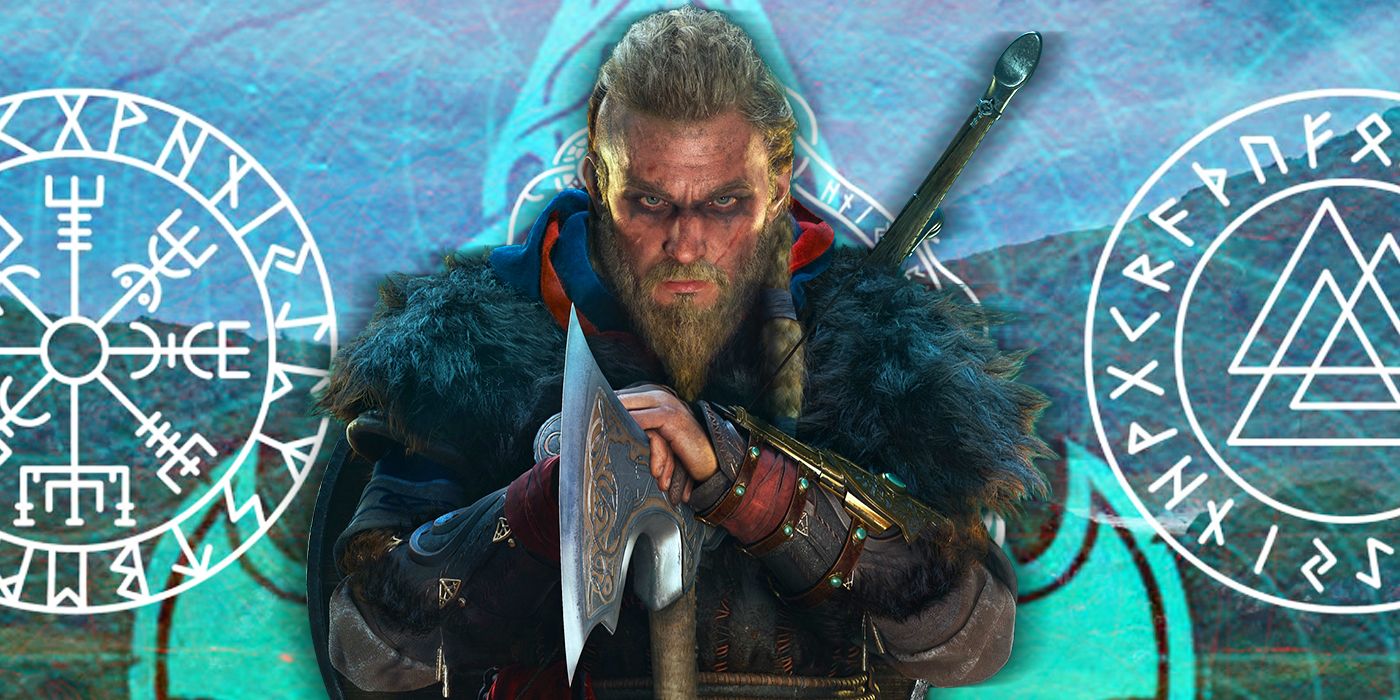
Since its early beginning in 2007, the Assassin's Creed franchise has enjoyed massive success but struggled to find the perfect way to express its voice. In the past few years, that situation looked to finally be resolved the minute the franchise leaned more into an RPG style of playing. It has recently been confirmed that its most recent release, Assassin's Creed Valhalla, has become their highest selling game in the franchise and even proves that it succeeds as an RPG.
Over each installment, the franchise revolved around the third-person action-adventure model. While none of them were ever terrible from a gameplay perspective, something was missing. Even as the franchise evolved into an RPG, the gameplay was always a massive focus. It would still take a couple more games until it finally found a perfect stride with the gameplay in Valhalla.

The most recent titles also feature some of the most extensive maps ever seen in the franchise. Each new title offered a more in-depth look into the eras represented and offered up many secrets that would otherwise be watered down in past titles. One of the most significant examples of this comes from the game that kickstarted the RPG style in the franchise, Assassin's Creed Origins. Not only could players walk across the desert, but they could also explore ancient pyramids and battle ferocious beasts. There was always an obstacle to overcome and a feat to achieve that wouldn't have felt the same in earlier titles.
Another perk of the giant maps in the more recent games is a much more personal experience with some of the era's historical figures. Not only can the players interact with them, but they can also witness firsthand the scope and decisions over the lands that they ruled. This helps to understand just how important these people were based on how many people they led and the visual differences in homes and social class as players reach their palaces.

Assassin's Creed has since mastered creating a living, breathing world since the transition to RPG. Earlier titles had massive maps and societies. However, something always felt hollow. Some early eras showed signs of growth, like in Assassin's Creed: Black Flag. But it wasn't until Origins that each small village felt different from the last and truly felt alive. It is something that would continue to follow the games up until Valhalla.
There are many great examples of how making the franchise an RPG has changed the world for the better. For example, Assassin's Creed Odyssey does a fantastic job at showing the economy of some of the larger towns on the map. Some towns may export fish and live by the coast, while others are mining towns. No village is the same, and it shows that with each new town discovered.
Being that it is an RPG, Assassin's Creed hasn't forgotten to include the more fantastical elements such as outrageous weapons and daunting boss fights with fantasy creatures. The best part is that the stories are told in ways that make sense and don't compromise the story while also being genuinely challenging to beat. There is no telling where Assassin's Creed will be going next, but it has been proven that the RPG model has put the franchise in the best position possible for success.
0 Comments